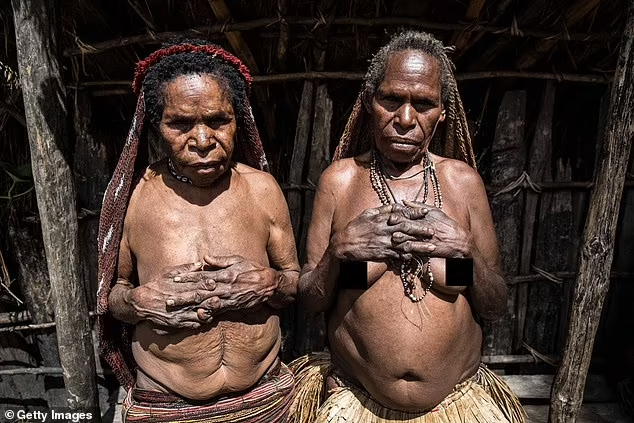The devastating impact of World War II, with millions of lives lost, still haunts the global memory. The mere mention of World War III sparks fear, especially in an era dominated by nuclear weapons. While no nation appears ready to invite its own annihilation, escalating regional conflicts leave the future uncertain. Scientists, however, have begun speculating about the aftermath of such a catastrophic event, and their predictions are nothing short of astonishing.
Researchers believe humans could undergo extraordinary evolutionary transformations following a nuclear World War III. Professor Tim Carlson, a distinguished biologist at Oxford University and a Royal Society honoree, claims that nuclear warfare might trigger rapid genetic mutations. These changes could result in humans becoming unrecognizable compared to their present form.
Scientists suggest that post-war humans might develop bulletproof skin and exhibit innate superhuman abilities. In an article published in The European Journal, Professor Carlson hypothesizes that extreme environmental challenges could give rise to “superhumans”—physically stronger, more intelligent, and highly adaptable to hostile environments.
One of the most remarkable predictions is that humans could evolve wings, enabling flight akin to bats. Additionally, genetic adaptations could lead to compact body sizes and unparalleled problem-solving skills. Humans might survive extreme conditions, build shelters effortlessly, and recover lost scientific advancements with newfound hyper-intelligence.
While these changes would typically take millions of years of evolution, Carlson believes a nuclear war could accelerate the process dramatically. He draws parallels with the evolution of humanity from simple jellyfish-like organisms half a billion years ago, emphasizing that evolution is an unpredictable yet powerful force.
Although these speculations seem distant, they underline the transformative potential of extreme environmental shifts. The question remains: will humanity ever witness such a post-apocalyptic transformation, or can it avoid the dire consequences of another global conflict?




